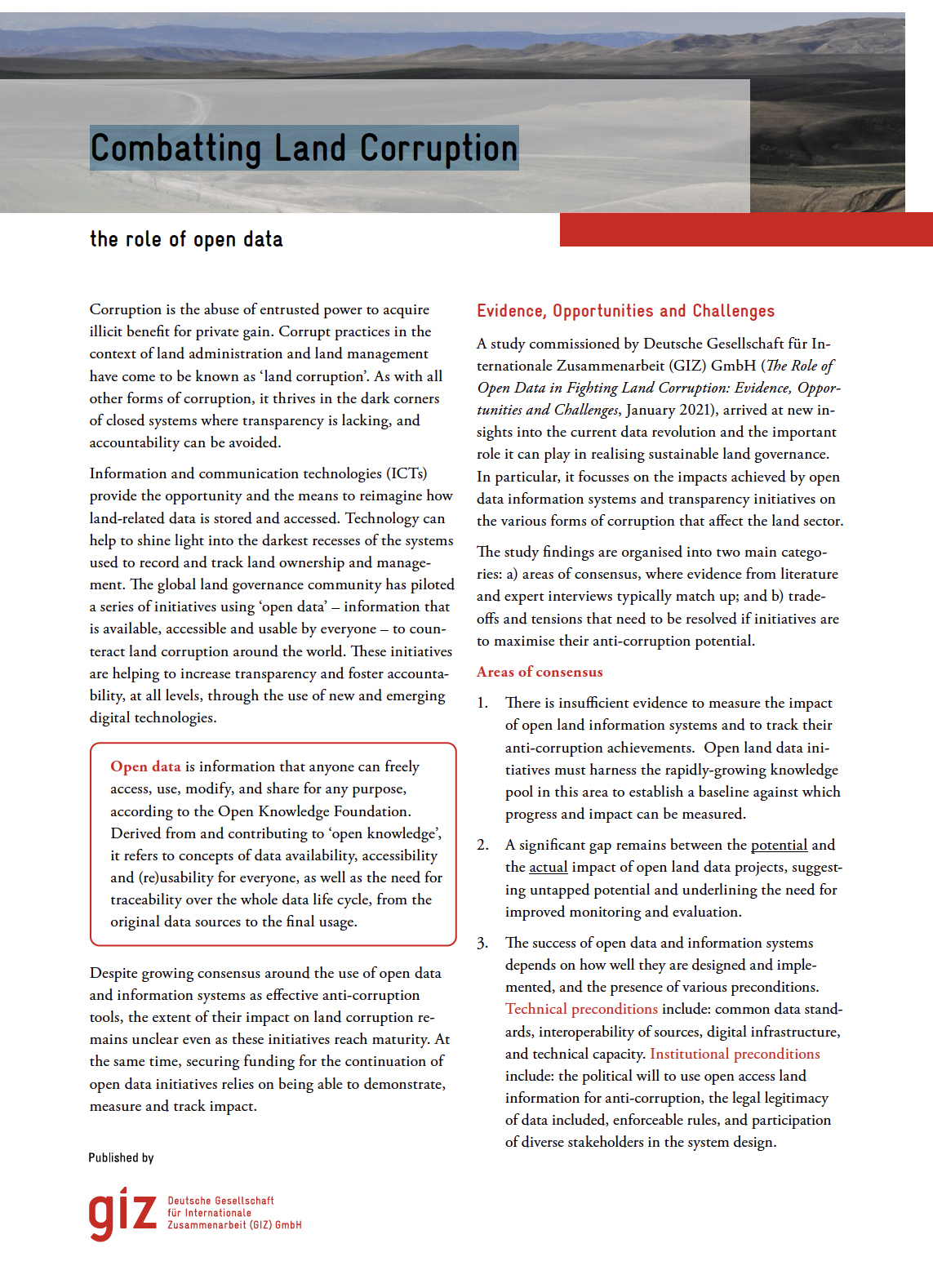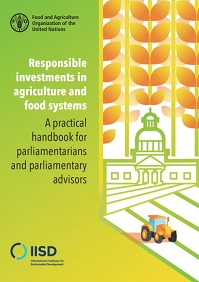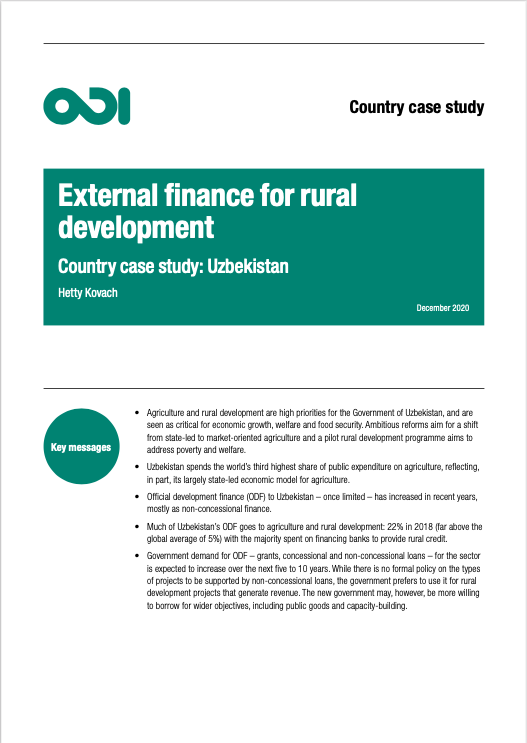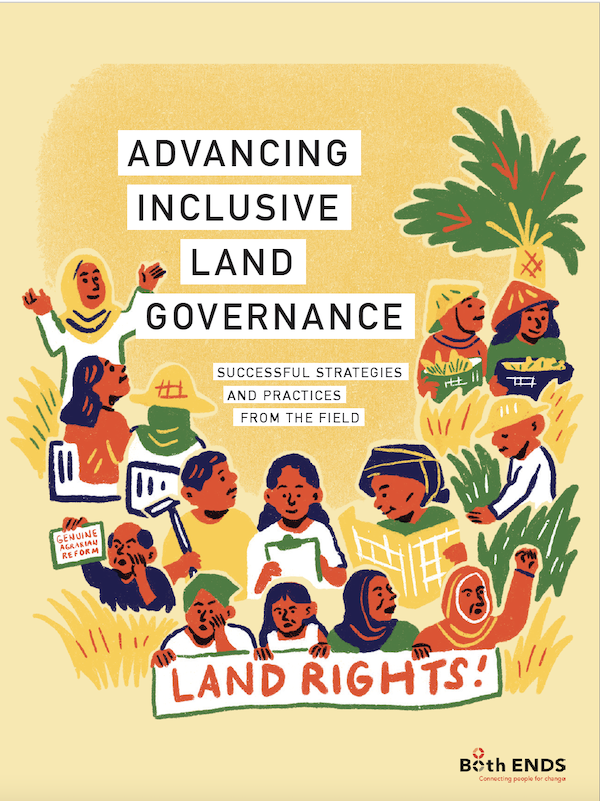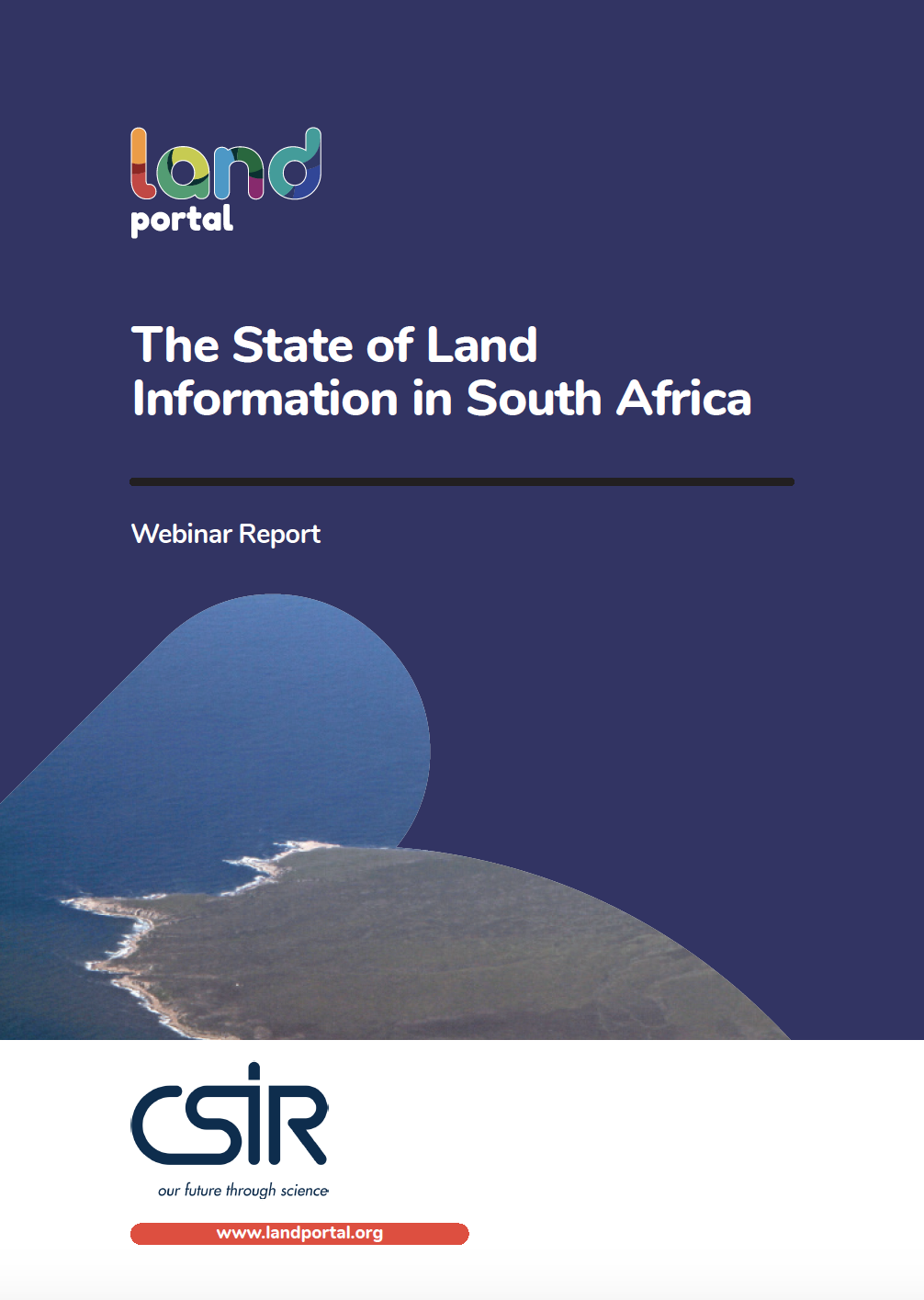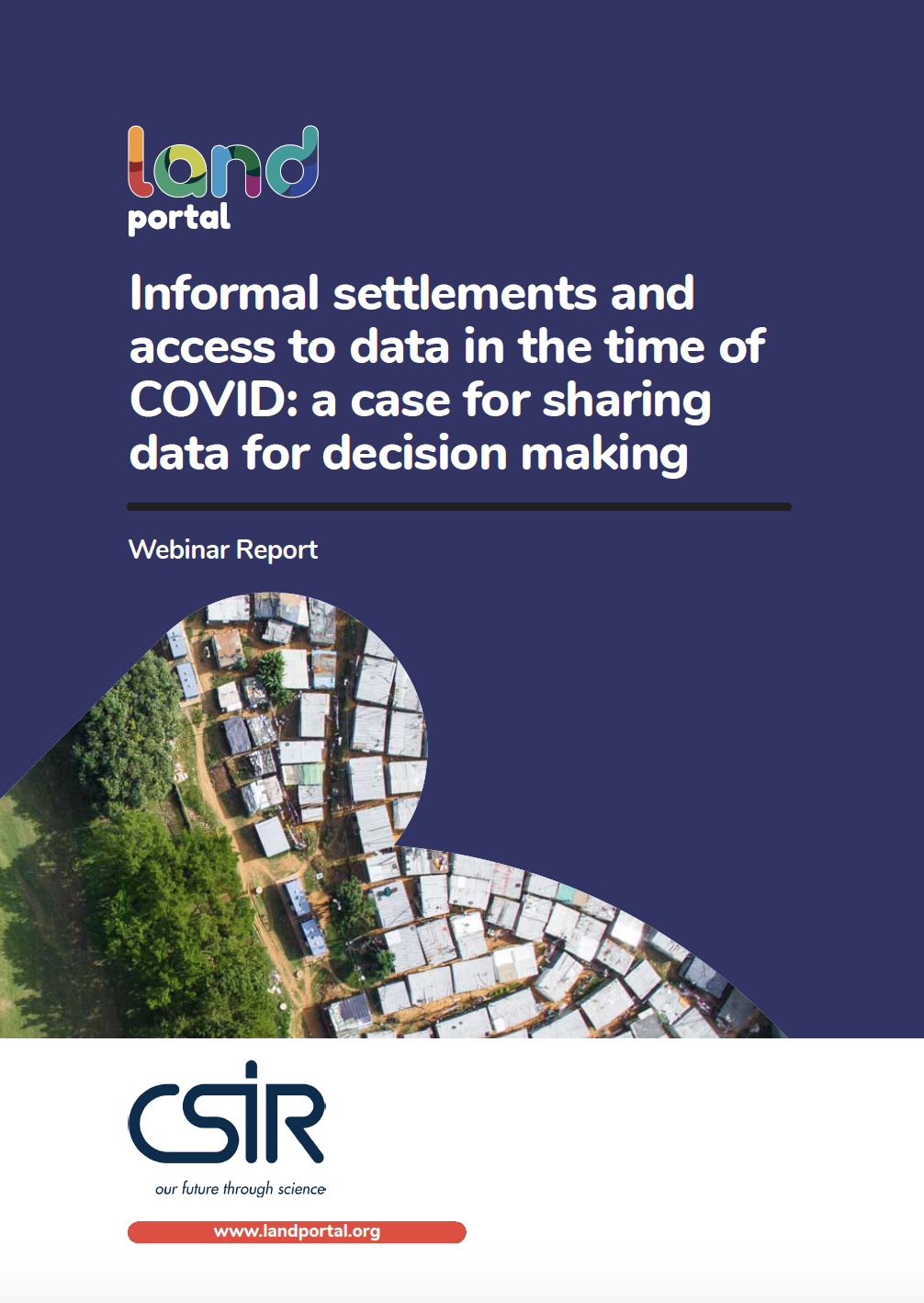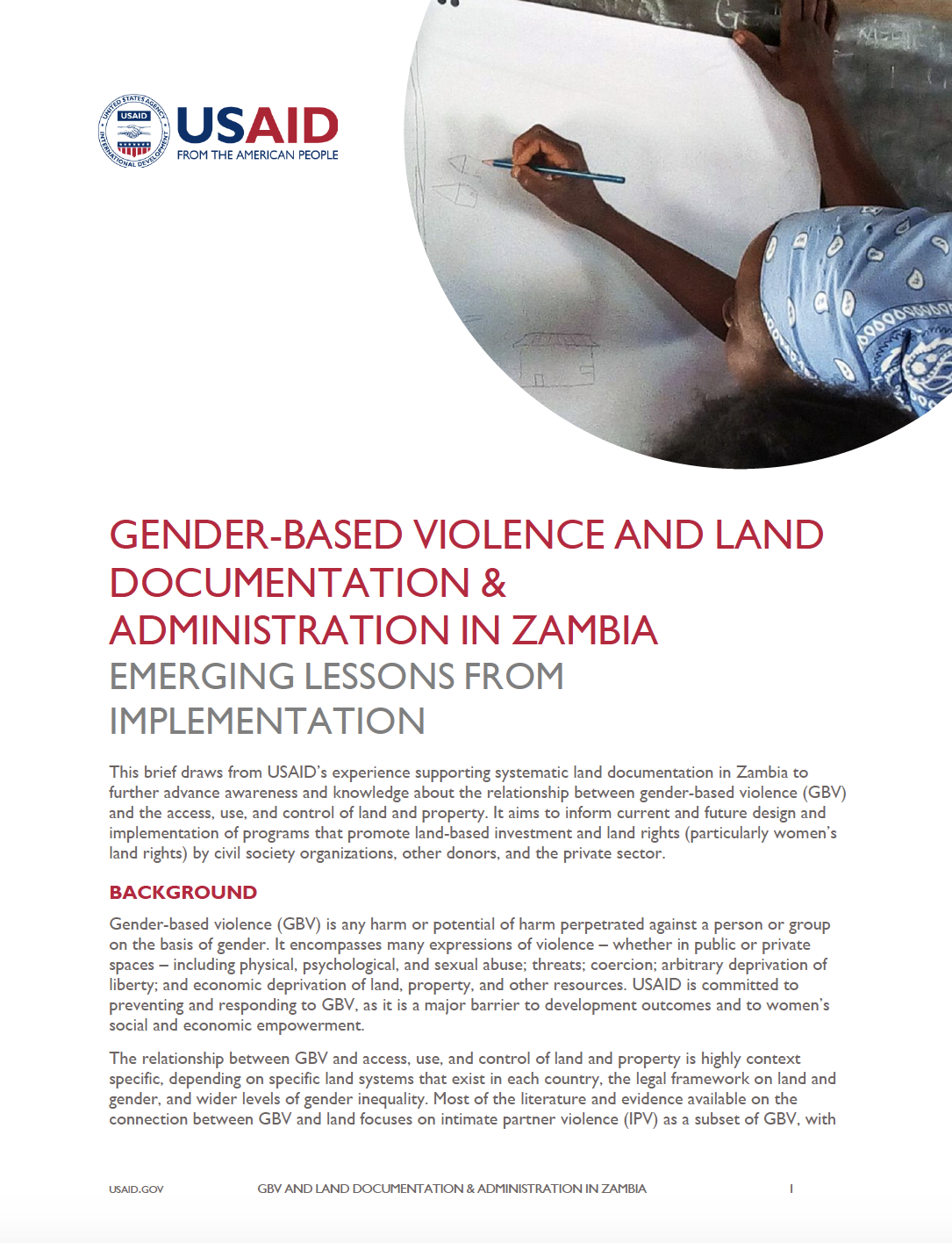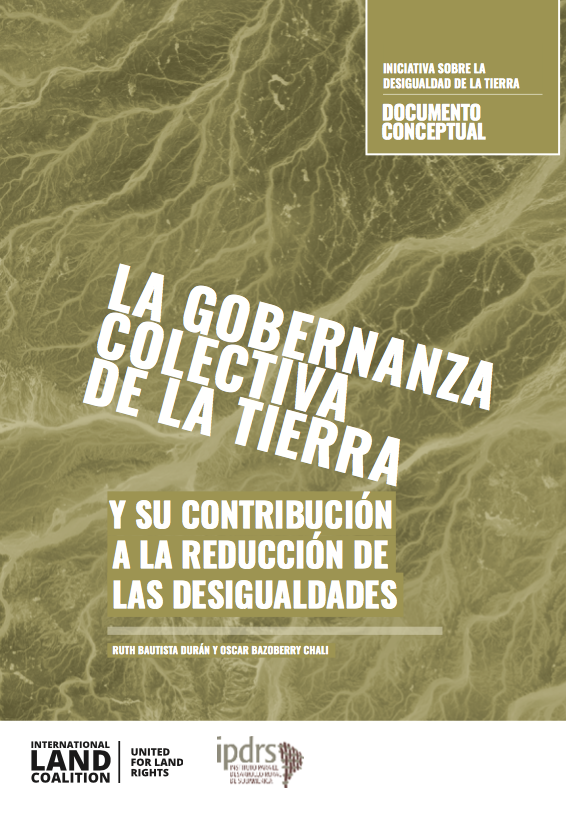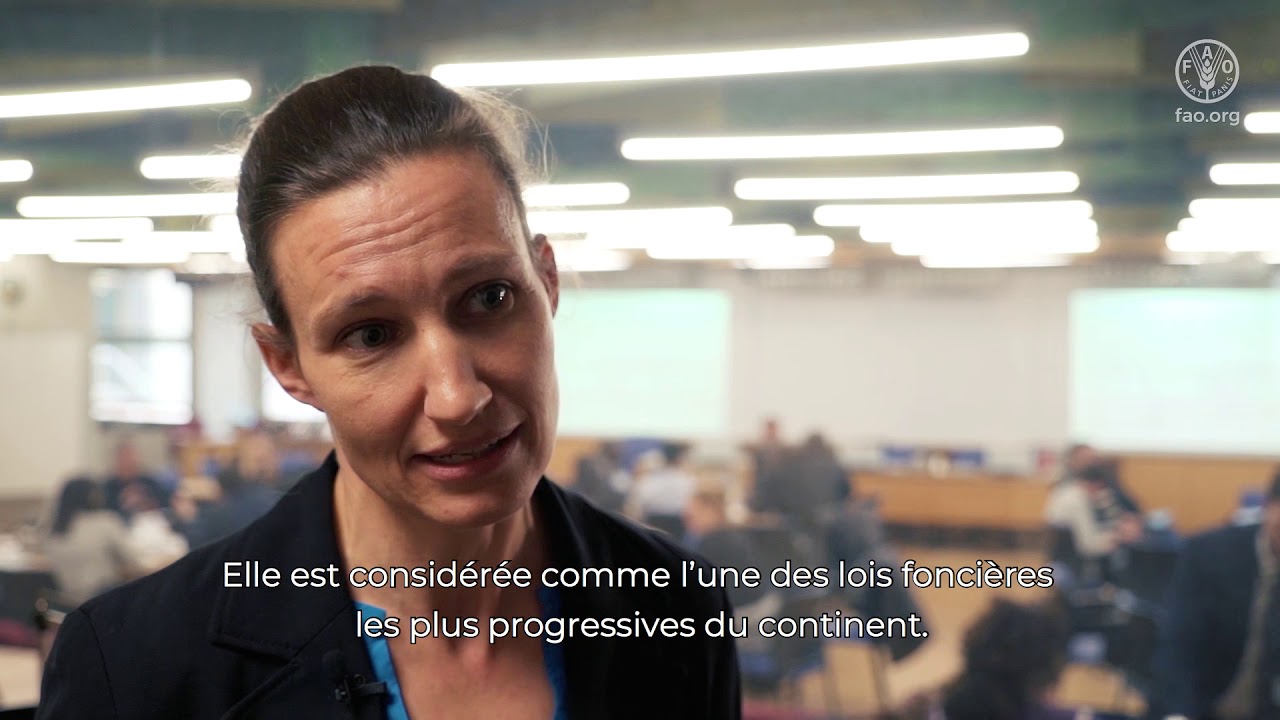Combatting Land Corruption
Corruption is the abuse of entrusted power to acquire illicit benefit for private gain. Corrupt practices in the context of land administration and land management have come to be known as ‘land corruption’. As with all other forms of corruption, it thrives in the dark corners of closed systems where transparency is lacking, and accountability can be avoided.

